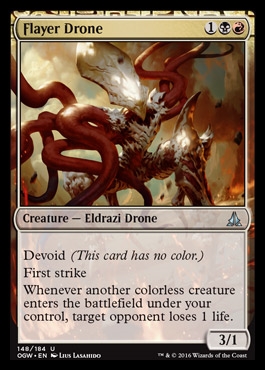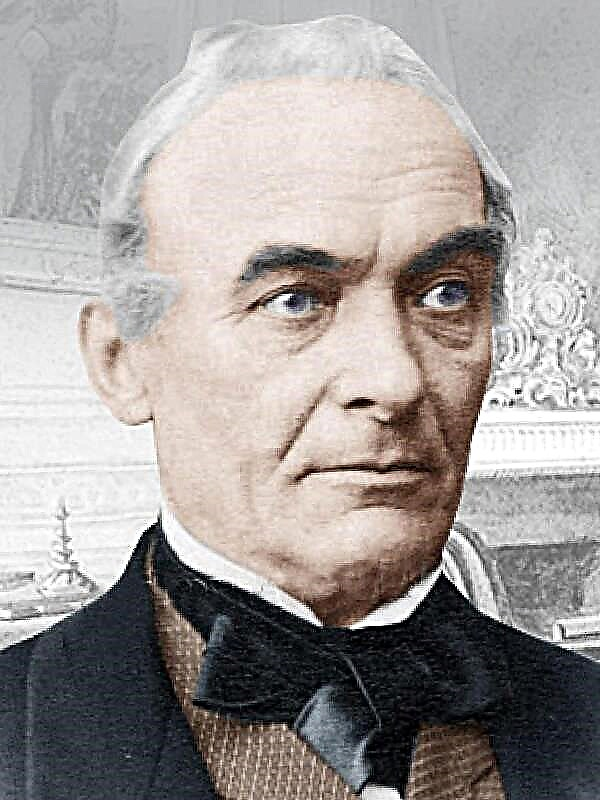The fact that society has always had a great influence on an individual is undeniable. But can a society “kill” in a person all its unique and individual principles? I believe not, because a person can oppose a team if her beliefs are at stake.
An example of a society in which everyone is similar to each other and afraid to stand out and express their independent opinion is the Famusian society from the play “Woe from Wit” by A. S. Griboedov. They do not see the point in high thoughts, for them one thing is important - career advancement. The only one who is alien to this society is Chatsky. His views so amaze everyone that he is considered crazy. He speaks out against serfdom, nepotism and the hypocrisy of superior persons. Alexander is not ready to give up his views and principles, so the society could not change him, kill his personality in him. Nevertheless, he also could not resist this team, and was forced to leave him, having left Moscow forever.
Another striking example of a society with rigid foundations that liken people and drive them into the framework is the society of the city of Kalinov in Ostrovsky’s play “Thunderstorm”. There, norms of behavior are set by people such as Kabanikha and Wild. Despite the fact that their rules look archaic and not logical, everyone, including the younger generation, must obey them unconditionally. Katerina, however, cannot understand and accept many of these requirements, therefore, as a strong heroine, she begins an internal revolt and violates the rules of Kabanikh. At the peak of the conflict, Katerina has to choose whether to put up with the rules of society and surrender, or, conversely, to bring her rebellion to the end and remain true to herself. Katerina did not allow this dark kingdom to break her individuality, but she could not, like Chatsky, fight alone with his foundations, so suicide becomes the only way out for her.
Society is something that in fact can greatly affect a person. But in any, even the most ossified, tough team, there is more than one person who, probably, will not be able to confront him, but will not let him change himself.












